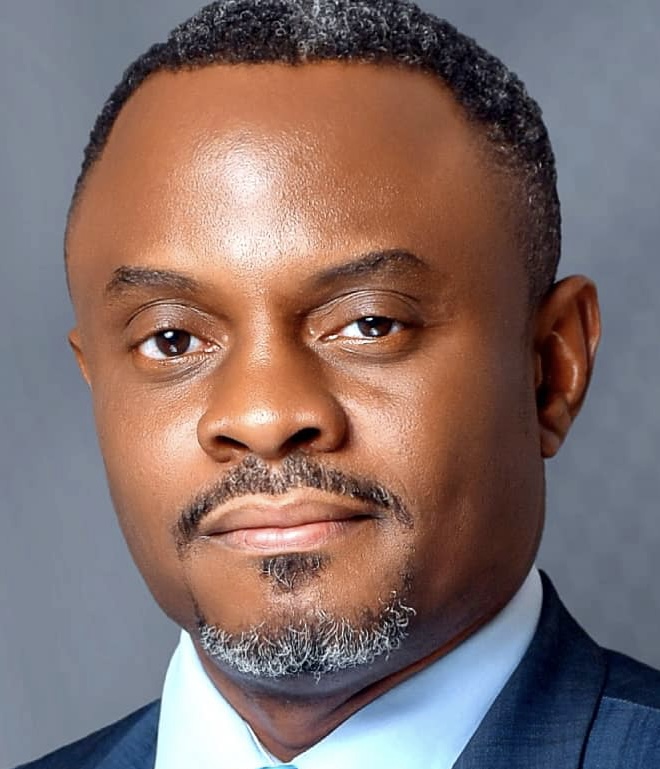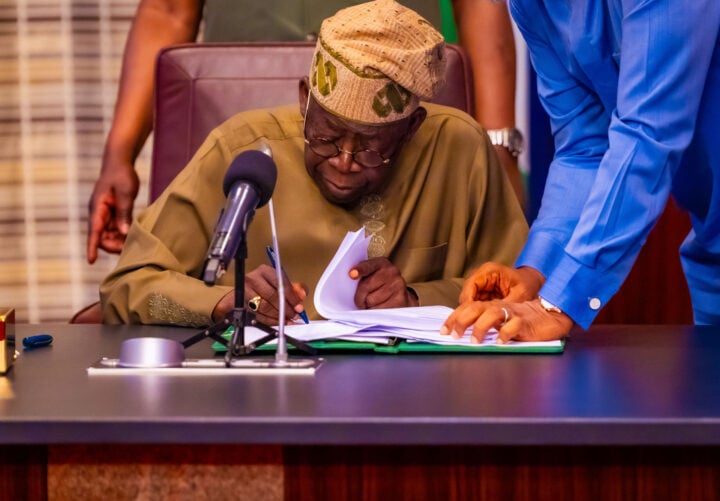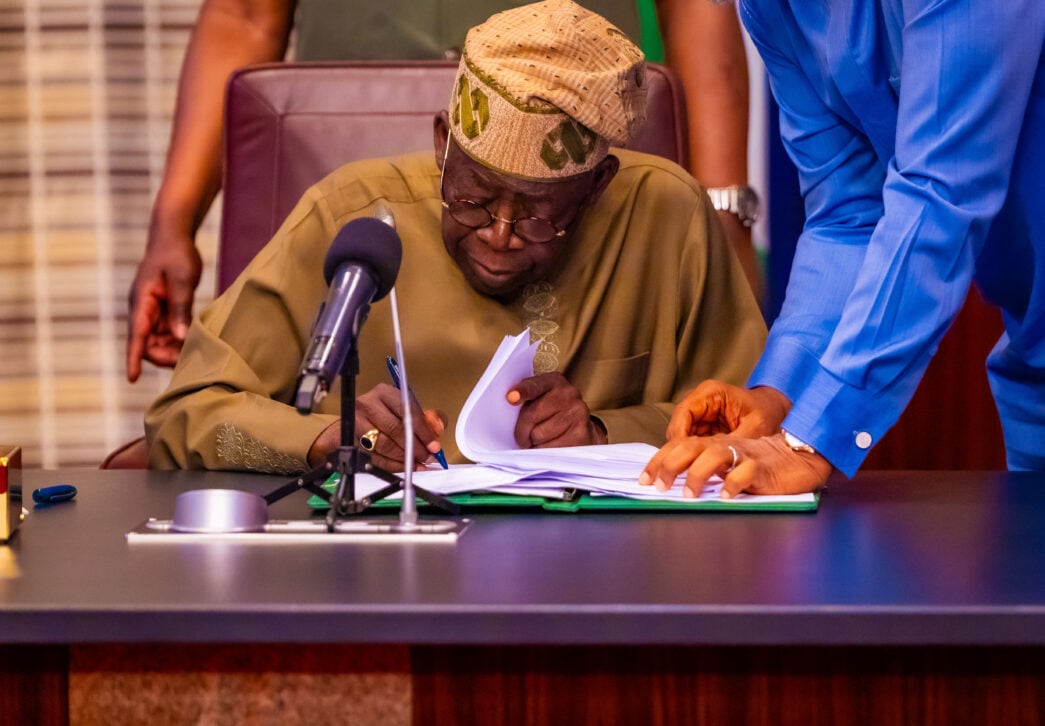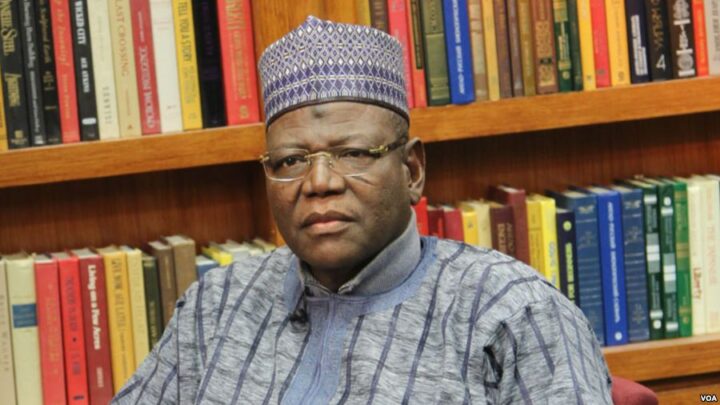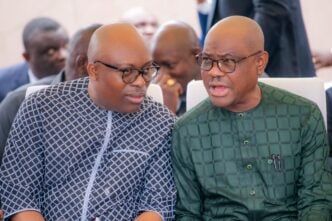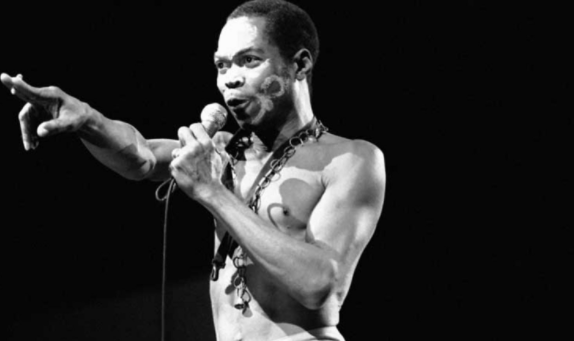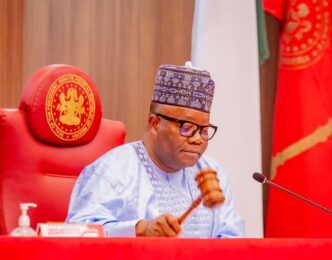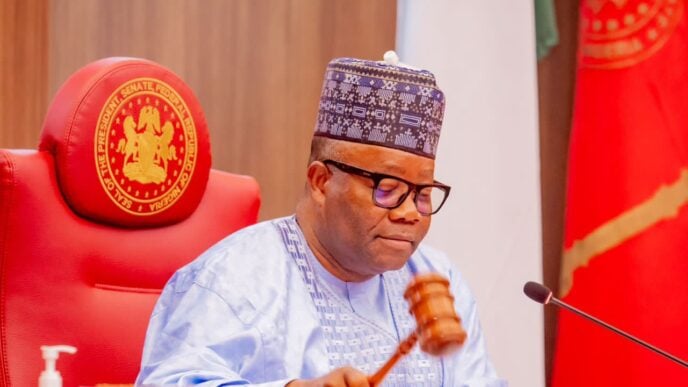When President Bola Ahmed Tinubu signed four landmark tax bills into law on June 26, 2025, he was, more than putting in place a policy milestone, taking a bold bet on Nigeria’s future. These new laws promise to reset how the state relates to its citizens, how businesses engage with the formal economy, and how we, as a nation, finance our development aspirations. But while these reforms may have been crafted in Abuja, their success or failure will be determined in the states.
The new tax regime offers clarity and relief for the average Nigerian. The Personal Income Tax Amendment Act exempts low-income earners, anyone earning less than ₦800,000 a year, from tax entirely. The Corporate Income Tax reform removes the burden from small businesses with a turnover below ₦50 million. A revised VAT law proposes a gradual increase in rates while protecting essentials like food, healthcare, and education. And a new Tax Administration Harmonisation Act seeks to unify platforms, streamline compliance, and introduce ombudsmen and tribunals to restore fairness in tax resolution.
On paper, it’s a reformer’s dream. fairer, simpler, and digitally anchored. But we’ve seen enough in Nigeria to know that reform on paper is the easy part. The real question is: Are the states ready?
Across the country, there is no single answer. Some states like Lagos, Kwara, the FCT, and Rivers are primed for execution. They’ve invested in digital tax platforms, aligned their laws with federal reforms, and demonstrated political commitment to modernise revenue systems. These states understand the stakes and have the muscle to carry the reform forward.
Advertisement
But others are still playing catch-up. Ogun, Kano, Delta, and Enugu show promise, but gaps in institutional coordination, informal sector engagement, and administrative execution continue to hold them back. And then there are states, largely in the North East, North West, and rural zones, where weak institutions, limited infrastructure, and low civic trust mean these reforms could take years to truly take root.
This is where the danger lies. A reform that delivers results in Lagos but fails in Bauchi or Ebonyi isn’t a national breakthrough. It’s a widening of inequality. When only a few states can fully implement, we don’t build a stronger federation; we deepen the divide between the fiscally resilient and the structurally fragile.
We face three possible futures. In the best-case scenario, states embrace the reform with urgency. They adopt digital tools, clean up outdated practices, engage informal actors with dignity, and Nigeria’s tax-to-GDP ratio rises from below 11% to a respectable 15% or more within three years. The second scenario is one of patchwork progress. Some states move ahead, others lag, and the promise of equity is undermined by uneven implementation. The worst-case scenario is collapse: a lack of coordination, political resistance, continued informal taxation, and a loss of public confidence in yet another round of reforms.
Advertisement
The consequences of failure would not be theoretical. States that delay or resist will lose revenue, forfeit investor trust, and weaken their ability to deliver services. Inaction will further entrench regional disparities and deepen public cynicism about government intentions. The stakes are not fiscal alone. They are economic, social, and ultimately political.
Yet there is still a window for alignment and course correction. Across the country, there are opportunities to strengthen frameworks, support state-level diagnostics, and foster more meaningful dialogue between tax authorities and the public. Tools can be improved, data can be published, and conversations can be convened, but none of that will matter without clear political commitment where it counts. Reform momentum depends not on plans, but on action.
This reform moment is, above all, a test of our federal character. Can national ambition be matched by local capability? Can a digitally ambitious tax regime translate into real gains for traders in Aba, civil servants in Minna, and farmers in Gombe? Can we build a system that is not just technically sound but also socially legitimate?
The reforms are now law. The architecture is in place. But laws don’t implement themselves. That task belongs to governors, LGA chairmen, revenue boards, and the public they serve.
Advertisement
Nigeria’s tax revolution has begun. Whether it becomes a national success or another lost opportunity depends on what happens next, in the states, in the streets, and in the institutions closest to the people.
May Nigeria succeed!
Agbonika, a policy and governance reforms strategist, writes from Abuja, Nigeria. He can be reached via: [email protected]
Advertisement
Views expressed by contributors are strictly personal and not of TheCable.
